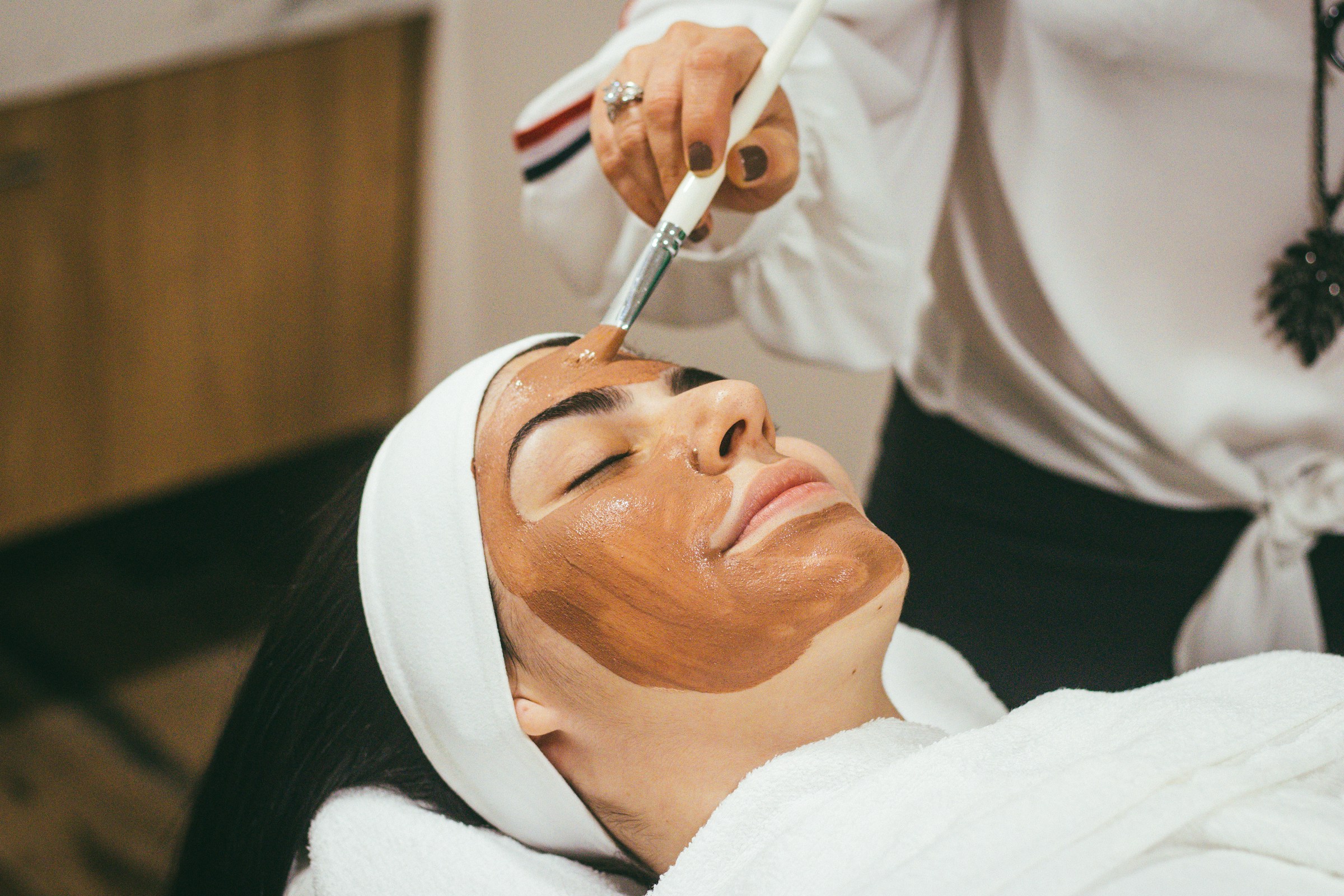Can AI Personalize Skincare Treatments?

The world of skincare is vast and complex, often leaving consumers overwhelmed by the sheer number of products and treatments available. Choosing the right cleanser, toner, moisturizer, or serum for your skin type can be a daunting task. But what if there was a way to simplify this process? What if a system could analyze your personal skin needs and suggest precise products for optimal results? This is where AI, or Artificial Intelligence, steps in. Let’s delve into how AI is making waves in the skincare industry, serving up personalized solutions for all skin types.
The Intersection of AI and Skincare
When we talk about AI, our minds probably take us to scenes from sci-fi movies or complex computer algorithms. But what if we told you that AI can now be a part of your beauty regimen?
In parallel : Advancements in battery technology and sustainable energy
AI technology is being utilized to revolutionize the skincare industry. From assessing your skin type to recommending personalized skincare routines, AI is proving to be a game-changer. By using machine learning algorithms and complex data analysis, AI can offer individualized skincare solutions that were previously unheard of.
Brands are leveraging AI to provide personalized skincare experiences for their customers. These tools analyze numerous factors like skin type, lifestyle, demographics, and environmental conditions, to make accurate product recommendations. This not only saves consumers from the confusion of choosing suitable products but also reduces the chances of using wrong products that could potentially harm their skin.
Topic to read : The growing importance of cybersecurity in the digital age
The Process of AI in Personalized Skincare
So, how does AI personalize skincare treatments? The magic lies in data.
To begin with, AI uses an array of data collection methods to gather information about your skin. This could be through online quizzes, skin analysis tools, or even your selfies. The AI-system then digests this information, comparing it with thousands of other data points to identify your unique skin type and concerns.
The next step is the recommendation of products. AI often uses machine learning to identify patterns in the data and suggest products that have shown proven results for similar skin profiles. The result is a skincare routine that is tailored to your specific needs, helping to address issues you might not have even been aware of.
The Effectiveness of AI-Personalized Skincare
It’s all well and good to talk about the theory of AI-personalized skincare, but what about its effectiveness? Can AI truly deliver better results than traditional skincare methods?
The answer appears to be a resounding yes. Early adopters of AI-personalized skincare have reported improved skin health and beauty. With treatments tailored to their specific needs, users are seeing faster results and fewer adverse reactions. A “one-size-fits-all” product is now a thing of the past, as AI offers each individual a unique skincare journey to healthier and more radiant skin.
The Future of AI and Skincare
While AI is already making a significant impact on the skincare industry, the future holds even more promise.
As AI technology continues to evolve, so too will its application in skincare. We can expect even more accurate skin assessments, more personalized product recommendations, and potentially, AI-assisted skincare treatments.
Imagine walking into a skincare clinic where an AI system analyzes your skin, performs a treatment, and then suggests products for home care. The possibilities are limitless.
AI Skincare Products You Can Try Today
AI-personalized skincare isn’t just a concept for the future – it’s already here. Several skincare brands are using AI to offer personalized products and services.
For instance, some companies offer AI-powered skin analysis tools, where users upload a selfie, and the AI assesses their skin needs. Others have online quizzes that take into account various factors like lifestyle and environment, along with skin type to suggest a personalized skincare routine.
AI is also making its way into our homes, with smart mirrors that analyze your skin and recommend treatments, and AI-powered skincare devices that learn your skin’s needs over time and adjust their function accordingly.
In conclusion, while the world of AI-personalized skincare may seem like it’s straight out of a science fiction story, it’s very much a reality of today. And as AI technology continues to evolve, we can only expect even better, more personalized skincare solutions in the future. So why not embrace this technology and give your skin the personalized care it deserves?
Evaluating the Quality of AI-Personalized Skincare
One might question, how does one evaluate the quality of the AI-personalized skincare? It’s a valid question, as AI-personalized skincare is still in its infancy. Currently, the quality of AI-personalized skincare primarily depends on the accuracy of the AI algorithms and the richness of the data they are trained on.
AI algorithms need to be trained on diverse datasets that encompass different skin types, conditions, and ethnicities to be accurate. Additionally, the algorithm’s ability to interpret the data and make relevant product recommendations is crucial. While it’s convenient to get a list of skincare products you should use, it’s ultimately up to you to decide if it feels right, reacts well with your skin, and yields the desired results.
Furthermore, the effectiveness of AI-personalized skincare also depends on the quality of the skincare products being recommended. The best AI technology in the world can’t compensate for subpar skincare products. Thus, it’s important for consumers to ensure that the brands using AI personalization also use high-quality, clinically tested ingredients in their products.
Research is ongoing to develop AI models that can predict how effective a skincare product will be for a specific individual. This involves not just understanding of the individual’s skin, but also how the product’s formulation interacts with their skin. AI algorithms are beginning to incorporate such factors, but there’s still a long way to go to perfect them.
Conclusion: Embracing the Future of Skincare
The arrival of AI in the skincare industry marks a significant turn in how we approach skincare. We’re transitioning from a one-size-fits-all approach to personalization, which takes into account the uniqueness of our skin and its specific needs. While AI-personalized skincare is still in its early stages, there’s no denying its potential to revolutionize the skincare industry.
AI’s ability to analyze vast amounts of data, identify patterns, and make accurate predictions holds immense potential for personalized skincare. If nurtured and developed, it could soon be commonplace for AI to determine our skincare routines and recommend products tailored to our individual needs.
However, as we embrace this future, it’s important to remember that AI is a tool that aids us, not a definitive solution. While AI can provide useful insights and recommendations, it’s up to us to make informed decisions about our skincare.
In the end, the goal of AI-personalized skincare is to empower us with knowledge about our skin and its needs. This way, we can make informed decisions about our skincare routine, leading to healthier, happier skin. As for now, let’s embrace the advancements AI has brought to skincare, while eagerly anticipating its future innovations.
